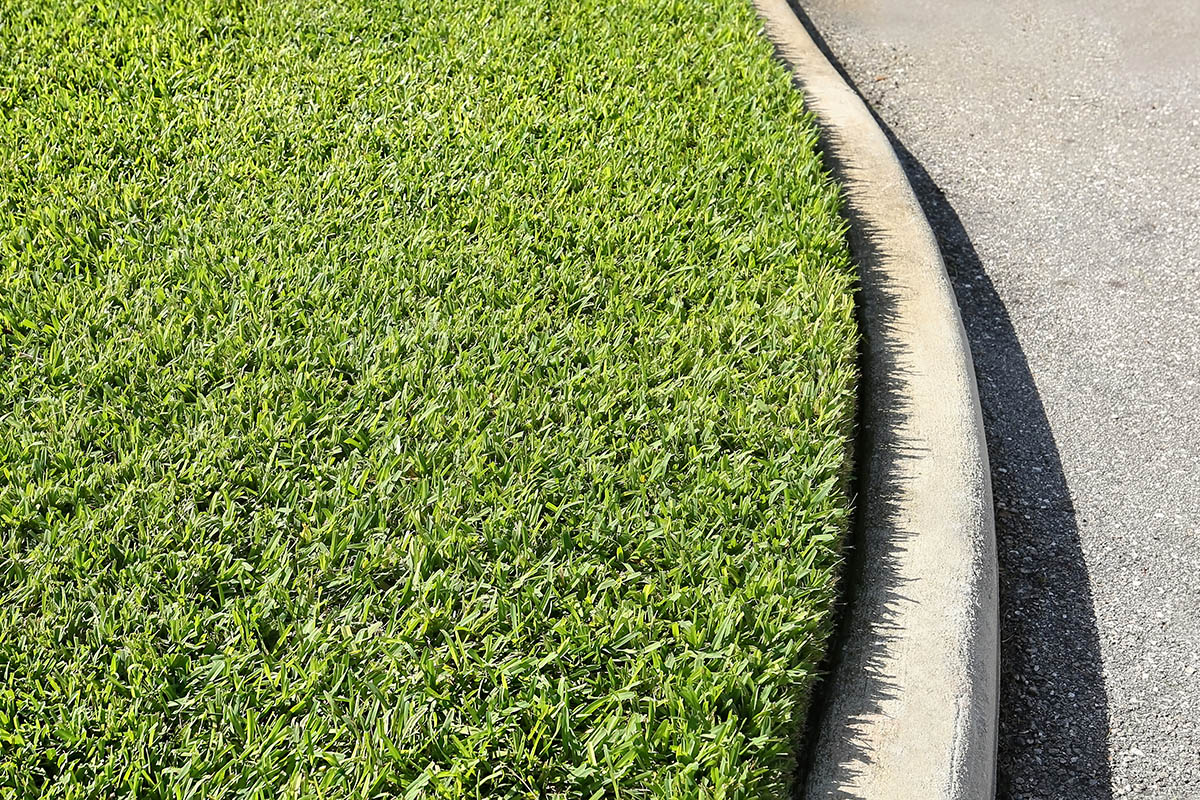Plant farmers and growers need to think about the next generations. Our growing methods must take into account the natural environment we will be leaving to our children and grandchildren.
Water management, soil quality, and crop health must be balanced against the ability of future generations to provide for their food requirements. We shouldn’t compromise their health and wealth and should think about their future now. This is sustainable farming.
When we grow plants, trees, shrubs, and crops, we use water, soil, and nutrients. Sustainable farming asks us to do so in a way that will leave a healthy environment for future generations to plant and grow their own trees, shrubs, and crops. By being careful and thoughtful today, we are making sure our children will have plenty of healthy food to eat and beautiful trees to sit under.
Sustainable farming started with agricultural crops but has now extended to every aspect of farming. Here at Twinwood Farms, we value biodiversity and have adopted sustainable farming methods for our trees, grass, and plants because we care about the future.
What Is Sustainable Farming?
Sustainable farming aims to grow crops, trees, fruit, and vegetables with increasing yields but without compromising the ability of future generations to grow their own food:
- If we use too much water today, there will be less water for future generations tomorrow.
- If we use too many pesticides today, the water resources for our children will be polluted and dangerous for their health.
- If we grow the same crops over and over on the same land, we will be depleting this land of its nutrients. Our children and the next generations will have poor-quality soil that will grow crops with lower nutritional value.
Responsible tree farmers and growers are taking steps today to stop the damage and ensure future generations’ access to healthy and plentiful food and agricultural products.
Sustainable Farming: Maintaining Healthy Soil
Research has shown that when the same crop is grown on the same land for years, it depletes the soil of its nutrients and hurts its natural health.
Sustainable agriculture chooses to rotate crops between land spaces. Each crop, tree, bush, or plant has different nutrient requirements. When we rotate them, we ensure they utilize different nutrients from the soil, giving the soil the time it needs to replenish itself.
When the next crop comes, it will use different nutrients from the previous one. This helps the soil enrich itself and regenerate its growing abilities.
When the soil is stronger and healthier, it is better able to fight pests and insects. Better soil fertility prevents diseases and helps tree farmers and growers use fewer pesticides and other chemicals. This not only ensures a healthy future for our children but also benefits us in many ways today, from having tastier, healthier food to enjoying a cleaner environment.
Sustainable Farming: Water Management
All plants need water to grow. We need to ensure that future generations will have enough water to plant their own trees and plants. We also need to make sure the water we provide for them is clean.
Sustainable farming uses technology and knowledge from both the past and the present to utilize less water. The use of water sensors helps tree farmers provide the exact amount of water necessary to a tree. Using drips instead of water cannons helps deliver water to the tree box or the sod in a controlled and regulated way without any waste.
Also, when we use fewer pesticides on our land, there is less chemical run-off and the water table remains stable and clean.
Sustainable Farming: Improving Biodiversity
There are almost 400,000 plants on Earth. This biodiversity is huge. Shouldn’t our children benefit from this plant diversity?
Sustainable farming encourages biodiversity by mixing forests with agricultural land. Forests and in-between thickets help animals, birds, and insects grow. These in turn fight pesticides and plant predators in the most natural way.
Sustainable farmers often plant hedgerows, which act as habitats for pest predators. These shelters are essential for biodiversity and the growth of viable and robust ecosystems. Trees and shrubs provide shade and shelter to animals. They also improve water retention, thus preventing soil erosion in a natural way.
Sustainable Farming: Less Pollution
Air, soil, and water pollution are problems the current generation needs to solve. When we use fewer fertilizers and pesticides, we ensure the soil’s and the water’s health while still delivering the crops, trees, fruit, and vegetables to cover our needs.
Crop disease can decrease if we use crop rotation and help natural pest predators. This decreases our use of pesticides and helps deliver cleaner air, water, and soil to our children.
Sustainable Farming Takes Care of Today and Tomorrow
Sustainable farming ensures that our current needs are met without compromising our children’s ability to be fed.
Nature is, at the same time, incredibly hardy and incredibly fragile. Natural resources are not infinite. That’s why we shouldn’t be selfish or shortsighted. Crucial natural resources like soil, water, and air can be rapidly depleted or polluted if we don’t take care of them. Sustainable farming provides quality of life to both farmers and communities.
We live in a world where information abounds. We know how our ancestors grew plants. We can use some of that knowledge to grow food and trees in an efficient yet environmentally-friendly way.
When the practices of the past are not enough, we can also use our current knowledge and technology to deliver a better world to our children. We know much more than our parents did. We should make sure our children benefit from our experience and knowledge.
Twinwood Farms is located in Texas and is a wholesale tree farm with biodiversity in mind. We provide trees and sod for any landscaping project and can custom-grow trees for your project, which we will deliver to your location.
Contact us on 346-707-6023 and let us help you find the trees your project requires.
Come and see for yourself how we implement sustainable farming here at Twinwood Farms. To order your sustainably grown trees, shrubs, and turfgrass, call now 346-707-6024 or contact Twinwood Farms online. We grow with biodiversity in mind.



